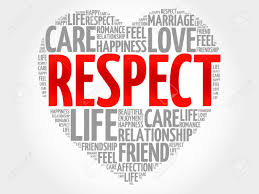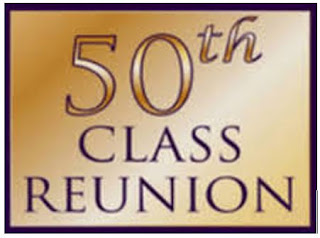We wish our readers Happy
Holidays. Thanks for being with us this year. Today, we offer thoughts on the
season.
Woodson: Let’s Take the Pain Out of Christmas
Christmas is too
commercial and, in many ways, painful. Commercializing Christmas has too often drowned
out the
story of Jesus.
As a farm kid with few possessions,
a belief in Santa
Claus allowed me to engage in an
expectation fantasy. Hours were spent
leading up to Christmas imagining what I would find under the Christmas tree.
Invariably, I received a cap gun with holster, socks, and an assortment of
fruits, nuts, and candies. Christmas after Christmas, I imagined myself
receiving something really big, perhaps a pedal-driven car or a pony.
On the Christmas
after I turned eight, I received my assortment of fruits, nuts, and candy, but
no toy. Someone told me Santa Claus was a fantasy,
and my
parents had decided to no longer indulge this costly fantasy. I
approached an older brother, hoping to be consoled but he responded, “Dang,
man, you still believing that Santa Claus business?” I was crushed. That painful memory stays
with me. Hope and I vowed never to lie to our children about a Santa Claus. But
we would give gifts. Even that decision left us with the complication of having
to decide who to give gifts to, which remains stressful for me. I don’t enjoy
buying Christmas gifts. I think I’m contributing to the commercialization of
Christmas and perverting the Christian
faith.
There have been times
when Hope and I had to charge these expenses to our credit cards when short on cash.
So, we spent money we didn’t have on things we didn’t need.
Christmas
should be a time to reflect solely on
Jesus’s birth and life and how his life
informs our own. I feel like I am fighting a losing battle between
Christianity, deceit, and commercialism. A great meal and great conversation on
Christmas, without the gifts, would make Christmas what I’d like it to be.
Rob: Let’s Stay Together
Debating
the meaning of Christmas became a political flashpoint a few years ago. Conservatives,
who see only a religious
meaning
for Christmas, argued secularists were scrubbing Christmas from the
public sphere or making it just about commerce. Some saw a “War
on Christmas.” The
issue hasn’t flared up much this year as impeachment and the 2020 campaign consumed space in public discourse. So, in an atmosphere not brimming with angst over what the holiday means, I took a step back when contemplating its meaning for me.
issue hasn’t flared up much this year as impeachment and the 2020 campaign consumed space in public discourse. So, in an atmosphere not brimming with angst over what the holiday means, I took a step back when contemplating its meaning for me.
I
could focus on religion.
I practice progressive
Christianity, so celebrating the birth of Jesus matters.
However, I regard that practice as a year-round activity rooted in
understanding and following the teachings of Jesus, not the miracles supposedly attendant to his birth
and death. I respect the religious aspect of Christmas, but that’s not
my focus.
 |
| Signs of Religions |
In
our family, and for me, Christmas means togetherness. I live in the same town with only one
of my children; the other four reside near or far, but in each case “away.”
Since my wife’s death nine years ago, we’ve rotated where we gather. I now find
the process of convening, of making whatever trip I must make so we are together,
a valuable part of the exercise.
Christmas, therefore,
means celebrating the fact we remain a family despite losing Ida, despite the
trials and tribulations of children growing up, and despite my own struggles as
I age and experience transitions. As the song says, Christmas is “the most
wonderful time of the year” because, for us, it’s when we’re together. At this
stage, that’s what Christmas means for me.
Andy Williams' The
Most Wonderful Time of the Year
Henry: Christmas Everlasting
My memory pulls forth concentric spheres. The
My memory pulls forth concentric spheres. The
inside, closed, perhaps restricted and protected
sphere streams images of two brothers and their parents experiencing incredible
joy and happiness waiting for the morning.
There were friends, church, family, gifts, food, speeches, and prayer
for all, especially the “less fortunate.” Acceptance and faith without doubt prevailed - for doubt springs from
examination.
As those memories expand,
the next sphere reveals a recognition of sadness and an awareness that all is
not as well as it once seemed at an earlier time. The protective shielding of the first sphere
is no longer present. Poverty, fear, doubt, hopelessness, despair, hunger, and
anger are present, invading the space between the first and second spheres.
As
the first and second spheres merge, a third
sphere forms, enveloping all and
expanding at light speed, speaking to my mind,
soul, and spirit. Hope inspired by love required by my spiritual belief in
redemption, forgiveness, and universal acceptance extinguishes all doubt for
the moment and takes me to the innocence of the first sphere. Here, however, a
more informed faith supporting hope pervades my world becoming our world. This
last all-encompassing sphere contains all but has no limits.
We are forgiven. “For
with God nothing shall be impossible.” Luke
1:37
Joy-PLEASE




































